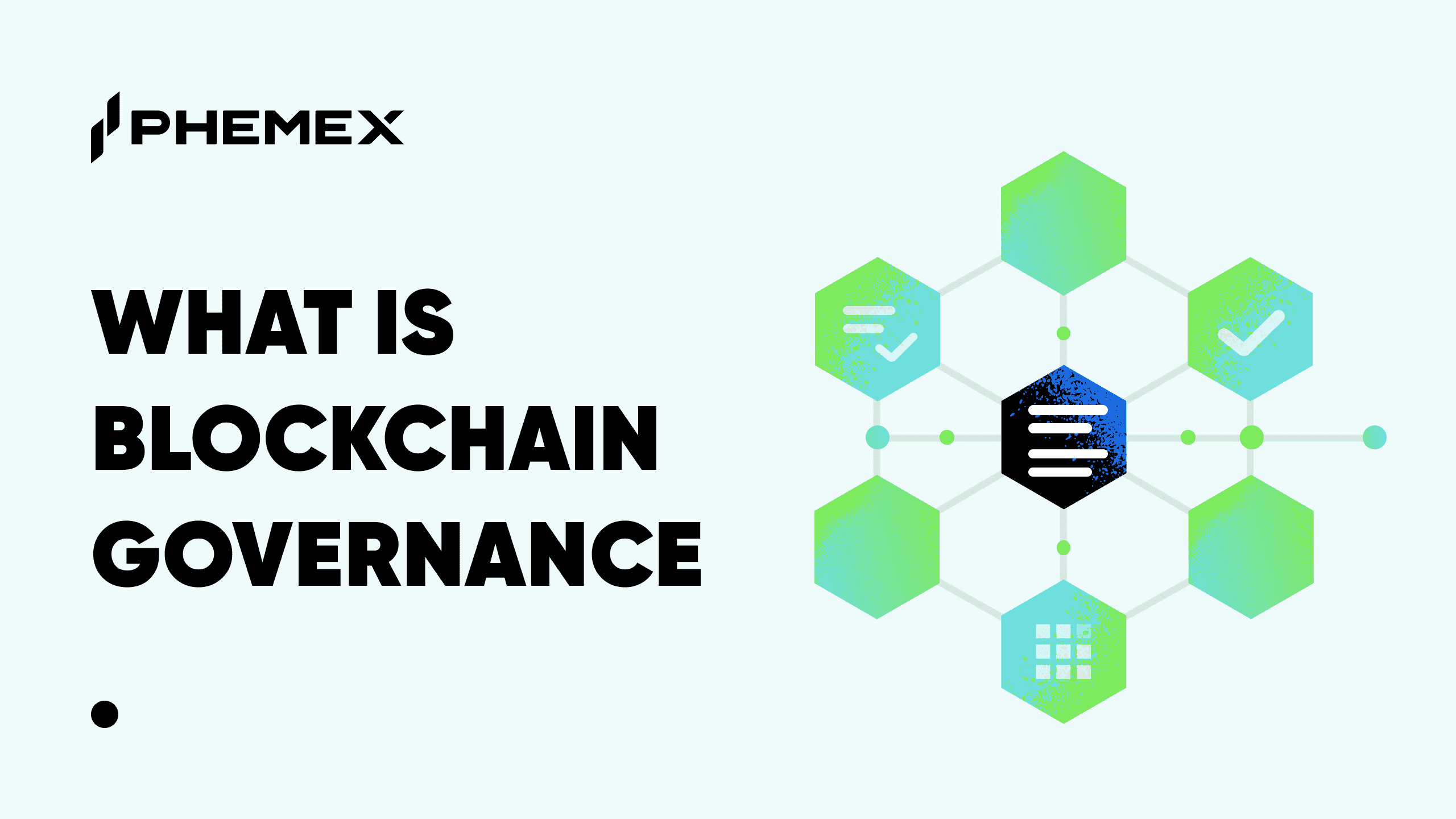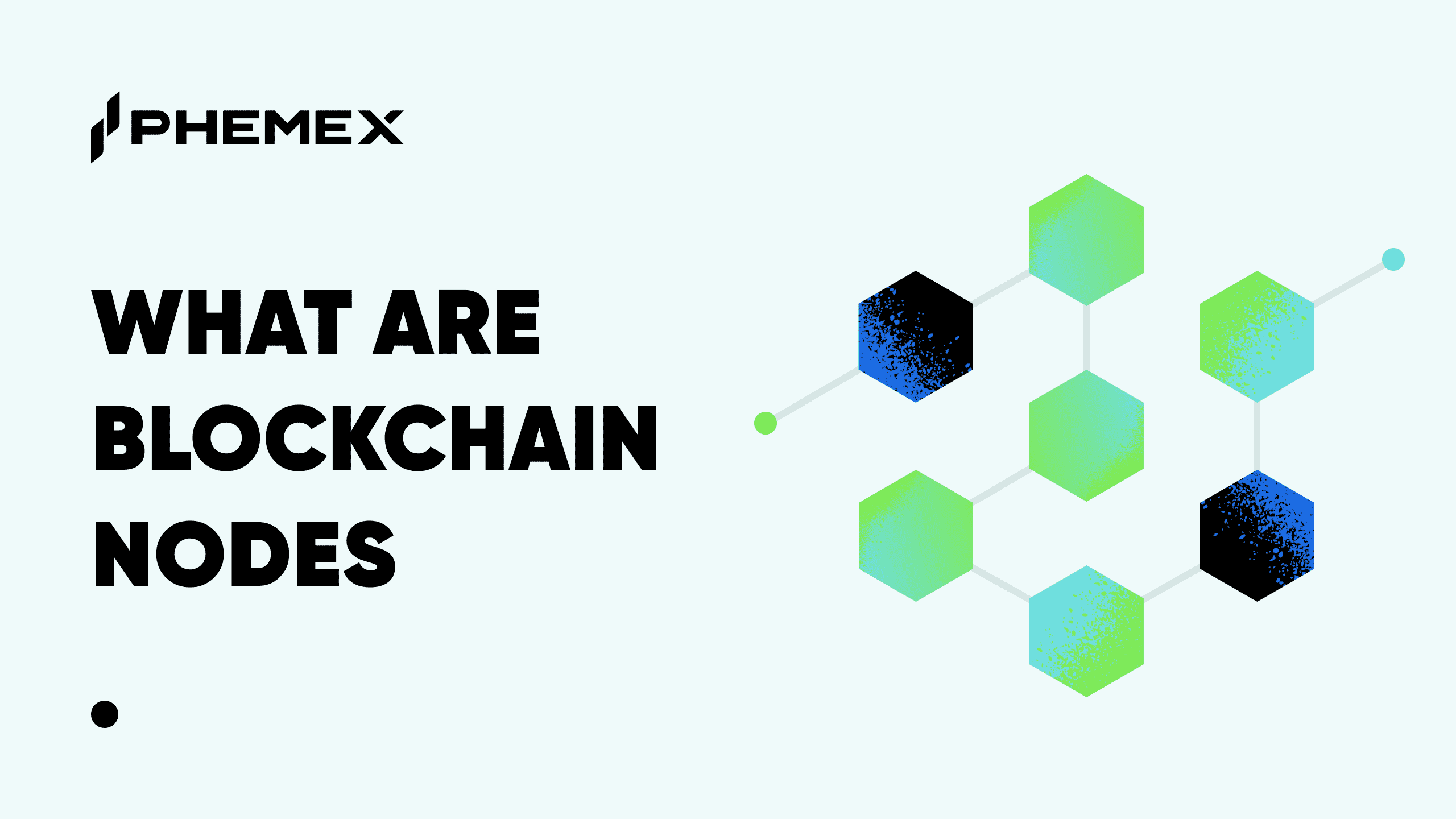What is Voting in Blockchain?
Blockchain, a form of distributed ledger technology (DLT), relies on the principles of computer science, cryptography, and mathematics. Essentially, it's a continuously expanding code distributed across a global network of computers known as "nodes". These nodes play a crucial role in verifying, maintaining, and storing data or financial transactions. Moreover, blockchain networks are incentivized financially, making it more beneficial to support the network rather than trying to undermine it.
In a blockchain network, users can initiate transactions from one address to another. These transactions are then picked up by nodes, which use mathematical processes to validate each transaction's authenticity. Upon verification, each transaction is cryptographically linked (hashed) to the preceding one and recorded in a "block". When a block is filled with transactions, it is then added to the blockchain. This ensures that every transaction is permanently recorded, making it unalterable and irreversible.
Originally devised for financial transactions, blockchain technology has since evolved to encompass a variety of data transmission operations due to its secure nature.
Voting, traditionally executed through paper ballots in person, is one area where blockchain technology is being explored. The move towards digital voting, such as blockchain voting, has gained momentum, especially after the COVID-19 pandemic accelerated the digitization of various services. Instances of blockchain voting have been observed in the US, with West Virginia utilizing it during the 2018 midterm elections and Utah during the 2020 Presidential election.
Blockchain voting operates similarly to traditional voting, with core concepts and procedures remaining intact. To cast a digital vote, citizens would need to register and verify their citizenship within a specific jurisdiction. Their identity and citizenship would then be recorded on the blockchain, linked to their unique key.
Votes are registered on the blockchain, where they remain immutable, verifiable, and transparent. Counting votes becomes a straightforward process, enabling quick and clear declaration of election results. Additionally, user-friendly interfaces can be developed to simplify the voting process. Instead of the technical act of sending a token to a particular address, voters would interact with an easy-to-use online interface to select their preferred candidate or proposal and submit their choice.
How does Blockchain Voting Work?
For a blockchain-based voting system to function effectively, the governing authority must first approve its implementation and educate citizens on the detailed process of casting ballots. These systems are expected to adhere to secure, transparent, and credible election principles, such as those recommended by the ACE Electoral Knowledge Network.
A crucial aspect of blockchain voting is verifying voter identity to confirm citizenship and prevent multiple votes by the same individual. This requirement presents a challenge, as it involves centralized verification within a decentralized framework. Identity verification is critical to the integrity of the voting process.
For instance, Voatz, the application used in West Virginia's 2018 midterm elections, follows a process similar to the Know Your Customer (KYC) method common in cryptocurrency exchanges. Users download the app, verify their phone number, and submit photos for identification verification. The system may also integrate additional security measures like biometric identification, PINs, or two-factor authentication to confirm the identity of the voter at the time of voting.
The Brookings Institution in Washington, D.C., suggests that blockchain or decentralized voting could address various issues, including voter fraud and ensuring every vote is accurately counted. Blockchain's inherent security features, which maintain the integrity and immutability of data, offer a trustworthy and traceable system for recording data. In the context of voting, blockchain technology could provide unaltered vote recording, enhance voting transparency, improve online accessibility, and streamline the voting process.
Pro of Using Blockchain Voting
Enhanced Transparency: Blockchain voting markedly improves transparency. Unlike conventional voting systems where the outcome of a cast ballot remains uncertain, blockchain technology enables voters to track their vote to its final destination, ensuring it is counted. While it keeps personal voter information private, the vote itself is permanently recorded on the blockchain.
Minimized Fraud and Election Tampering: The inherent transparency of blockchain voting significantly lowers the risk of fraudulent practices and manipulation in elections. The requirement for identity verification on the blockchain adds an extra layer of security, making illegitimate voting more challenging. This technology is particularly beneficial in regions with a history of election interference, potentially ushering in true democratic processes, contingent on governmental approval and support.
Real-Time Voting and Expedited Decision-Making: The ability of blockchain to track and tally votes instantaneously streamlines the election process, allowing for faster decision-making, especially in referendums. This reduces reliance on traditional, extensive polling setups and opens the possibility for more frequent, targeted voting, even on a daily basis, using mobile devices.
Use in Corporate Governance: Blockchain voting extends beyond governmental elections, potentially transforming decision-making in the corporate sphere. It fosters democratic participation among employees or shareholders in company decisions and could facilitate the operation of decentralized, ownerless organizations driven by collective shareholder voting.
Boosted Voter Participation: Blockchain voting, with its convenient and accessible nature, allows voting through smartphones or computers, potentially driving up voter turnout. This accessibility might foster a more direct form of democracy, although there's a risk of voter fatigue.
Reduction in Errors and Enhanced Security: By minimizing manual and mechanical counting errors, blockchain voting ensures a more reliable voting process. Its decentralized nature makes fraudulent attempts less likely and more costly. The cryptographic security in blockchain voting systems also offers a more secure alternative to traditional voting methods.
Efficiency and Cost-Effectiveness: By eliminating the need for physical polling stations, blockchain voting becomes a more efficient and cost-effective option. The immediate visibility and tallying of votes on the blockchain lead to faster and more economical election results.
Wider Participation and Accessibility: Blockchain voting systems enhance participation by enabling remote voting from any location with internet access. This approach is not only more environmentally friendly but also more inclusive, potentially drawing a wider and more diverse segment of the population into the voting process.
Cons of Using Blockchain Voting
Security Issues in Blockchain Voting (MIT Report):
- Public Ledger Vulnerabilities: The transparency of the blockchain ledger, while a strength, also poses a risk. It allows voters to show proof of their vote, potentially leading to vote-buying and coercion.
- Risk of Denial-of-Service Attacks: There's a possibility of network disruptions or transaction flooding by attackers, which could delay the validation of votes and increase the cost for voters.
- Concerns with Key Management: The loss of private keys by voters, or their acquisition by malicious entities, can result in either a loss of voting ability or unauthorized voting.
Limitations of Permissioned Blockchain and Zero-Knowledge Proofs:
- A permissioned blockchain limits operations to specific users but fails to adequately address key management challenges. It may also be more susceptible to compromise due to a lack of diversity in its servers.
- Zero-knowledge proofs keep transactions confidential but do not necessarily prevent vote-buying or coercion. The data handler could potentially disclose voting choices.
Issues Identified at ICECCO 2019:
- One Vote Per Person Challenge: The ease of creating new blockchain wallets without stringent KYC protocols complicates ensuring a single vote per eligible user in a democratic system.
- Identity Verification Constraints: Blockchain voting necessitates robust identity verification at the voting platform's frontend, tailored to its API, to compensate for the absence of a universally recognized, verifiable decentralized identity.
Scalability and Transaction Speed Issues:
- The "blockchain trilemma" highlights the challenge of achieving an optimal balance between speed, security, and scalability in blockchain ventures.
- Given the costs involved for users and the still-developing nature of blockchain technology, the widespread adoption of blockchain for major electoral processes seems unlikely until these critical issues are addressed and resolved.
Existing Voting Countries and Projects
West Virginia and Utah's Experience with Voatz:
In West Virginia and Utah, voters employed a blockchain voting app called Voatz, aimed primarily at military personnel voting remotely. It requires identity verification through military ID, other biometric methods, or facial recognition, and offers end-to-end encryption. However, the app faced criticism for security vulnerabilities and technical flaws, highlighted by security experts and audits. Consequently, West Virginia has halted its use, while Utah continues due to its favorable reception among users.
Tsukuba City, Japan, and LayerX:
As part of its smart city project, Tsukuba City in Japan adopted a blockchain-based voting system developed by Japanese startup LayerX. This system, currently used for voting on social development projects, requires voter identity verification through Japan's My Number system. The system has been largely successful, with minor issues related to password recovery.
Russia's Blockchain Voting Endeavors:
Russia has experimented with various state-sponsored blockchain voting systems. Kaspersky Lab was commissioned to create a system that launched in July 2020, using Bitfury’s Exonum platform and allowing remote voting with identity verification via a proof of authority consensus method. Following this, Rostelecom conducted pilot projects on a Waves-based platform. Despite facing challenges like node attacks, weak encryption, system crashes, and identity verification problems, Moscow is continuing to explore blockchain voting solutions.
Ballotchain by Reply:
Reply has developed Ballotchain, a unique "blockchain as a service" software designed to enhance online voting. This system offers an online voting experience comparable to traditional public elections and allows voting via various devices. By integrating multiple KYC processes with the public Bitcoin blockchain, it ensures secure and fraud-free voting. Users vote by sending cryptocurrency to a candidate’s wallet, with the transaction securely recorded on the blockchain.
Polyas:
Established in Finland in 1996, Polyas is a pioneer in online voting technology. Recognized by the German Federal Office for Information Security in 2016, Polyas incorporates blockchain technology in its electronic voting systems, serving both private and public sectors. The company's innovative solutions have expanded its presence to users in Europe and the United States.
Read More
- What is Blockchain Voting: Path to Direct Democracy?
- What is Blockchain Technology: The Biggest Misconception About It
- What is Blockchain Governance: Setting Platform Rules
- Who Are the Blockchain Validators: Network Users Powering the Blockchain Functionality
- Blockchain Charity: A New Frontier in Philanthropy
- Careers in Blockchain: Techies, Lawyers, Crime Hunters, and Beyond
- What Are Blockchain Games & How do they Work?
- What are Blockchain Applications and Use Cases?







